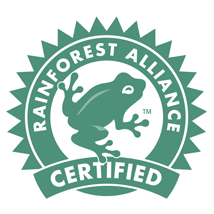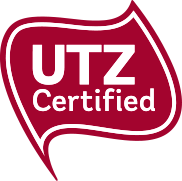Ashton Kutcher is well known for his Hollywood stardom and for his success as an entrepreneur. But perhaps less known is work as an activist. When married to actress Demi Moore, Kutcher began an organisation targeting the trafficking of women into the sex trade, and over time in the prevention of cyber sex crimes. The organisation appropriately named ‘Thorn”, is focussed on identifying victims, disrupting the existing platforms and then deterring the predators’.
Ashton can be viewed online talking about his work in this space on the US Today show, via the following link
He says: “We partner across the tech industry, government and NGOs and we leverage technology to combat predatory behavior, rescue victims, and protect vulnerable children. The site also lists 20 members of what it calls The Thorn Technology Task Force, comprised of technology companies that lend their knowledge, time and resources to the work that we do. Facebook, Google, Microsoft, Yahoo, and Adobe are listed among the names who are helping Thorn’s cause.”
“We’ve built a tool to help law enforcement prioritize their caseload and recover victims and find traffickers. And we’ve found and identified and recovered over 6,000 trafficking victims this year. And we’ve found, identified, and recovered 2,000 traffickers.”
Speaking with Amber Hawkes, the founder of the International Justice Mission in Australia, she talked of the rise of cyber sex crime and sex slavery, and the work IJM does in the fight against it. She tells me that the key to recovering victims and ensuring justice for them in prosecuting the predators in is to enforce local laws. “The local laws in all the locations around the world where we work are good, it’s just that the problem becomes so overwhelming that there are not the resources to enforce them. The issue of slavery and trafficking is more vast and brutal than we know, and from our standpoint it is preventable”.
IJM work with local law enforcement agencies to support in rescue activities and prosecuting cases as well as training officials from local law enforcement to magistrates and judges. “When we first started in India we had to advocate for every single case. Now local law enforcement is trained and empowered to manage the process themselves, so we get the calls from them to support in cases rather than us initiating the change.”
If you would like to learn more about human trafficking and sex slavery, as well as the work of IJM and Thorn, click HERE to read about Thorn, and HERE to learn more about IJM.








